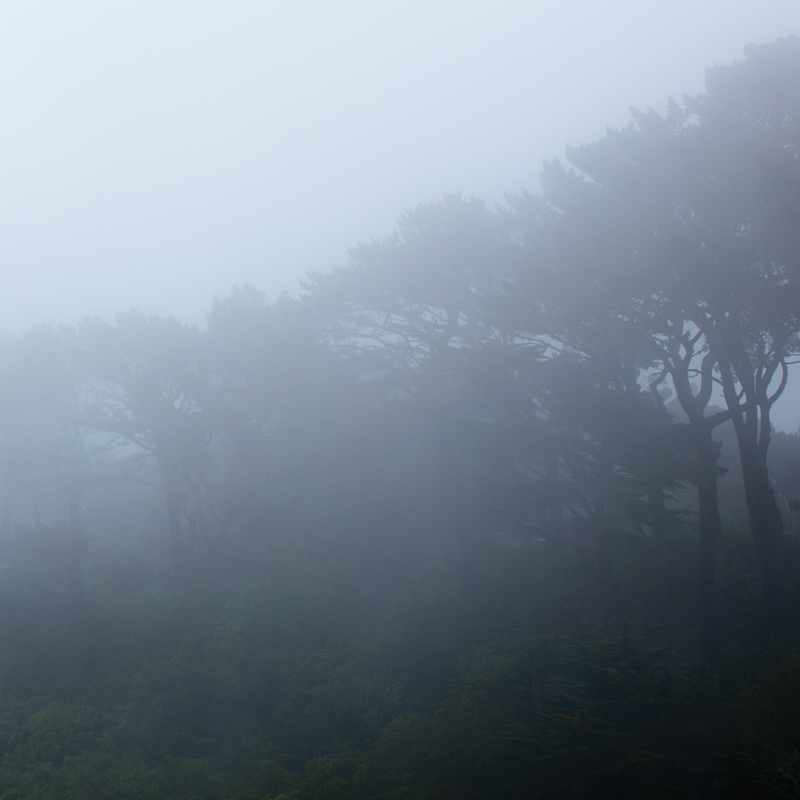dre·ich | /driːx/

Dreich describes the kind of drizzly, misty, overcast weather that Scots are all too familiar with. It is the most commonly used of at least 50 Scottish terms for wet weather and derives from the Middle English dregh, meaning slow, enduring, and/or tedious. Its etymology explains why it can be used to describe not only the weather but anything dreary – from the decor to someone’s leaden personality. In recent years, increasing use of dreich south of the border suggests it is in the process of being repatriated into everyday English.
In Scotland, if the weather’s not exactly dreich, there’s a fair chance it’s going to be some other variation on the theme of wet and miserable:
Drookit – drenching, heavy rain, from an Old Norse term for drowned.
Plowetery – a messy mix of rainy, showery, grey, and dank.
Smirr – very light rain, perhaps drifting in as a fine mist.
Lauchin’ rain – rain from an apparently clear sky.
Greetie – showery rain (to greet is to cry).
Sump – a sudden, heavy downpour.
Bullet stanes – hailing.
Introduction Aeolian Alpenglow Apricity Asperous
Benthos Crepuscular Crispate Crown shyness
Desire lines Dreich Endragoned Edgelands
Frondescence Fumarole Gluggaveður Gossamer
Karst Komorebi Lawrence Long acre
Machair Monkey’s wedding Moonglade
Psithurism Quartz Rakuyou Roaring forties
Snag Soft estate Specular, diffuse and pellucid
Spoondrift Steam fog Swash zone Sylvan